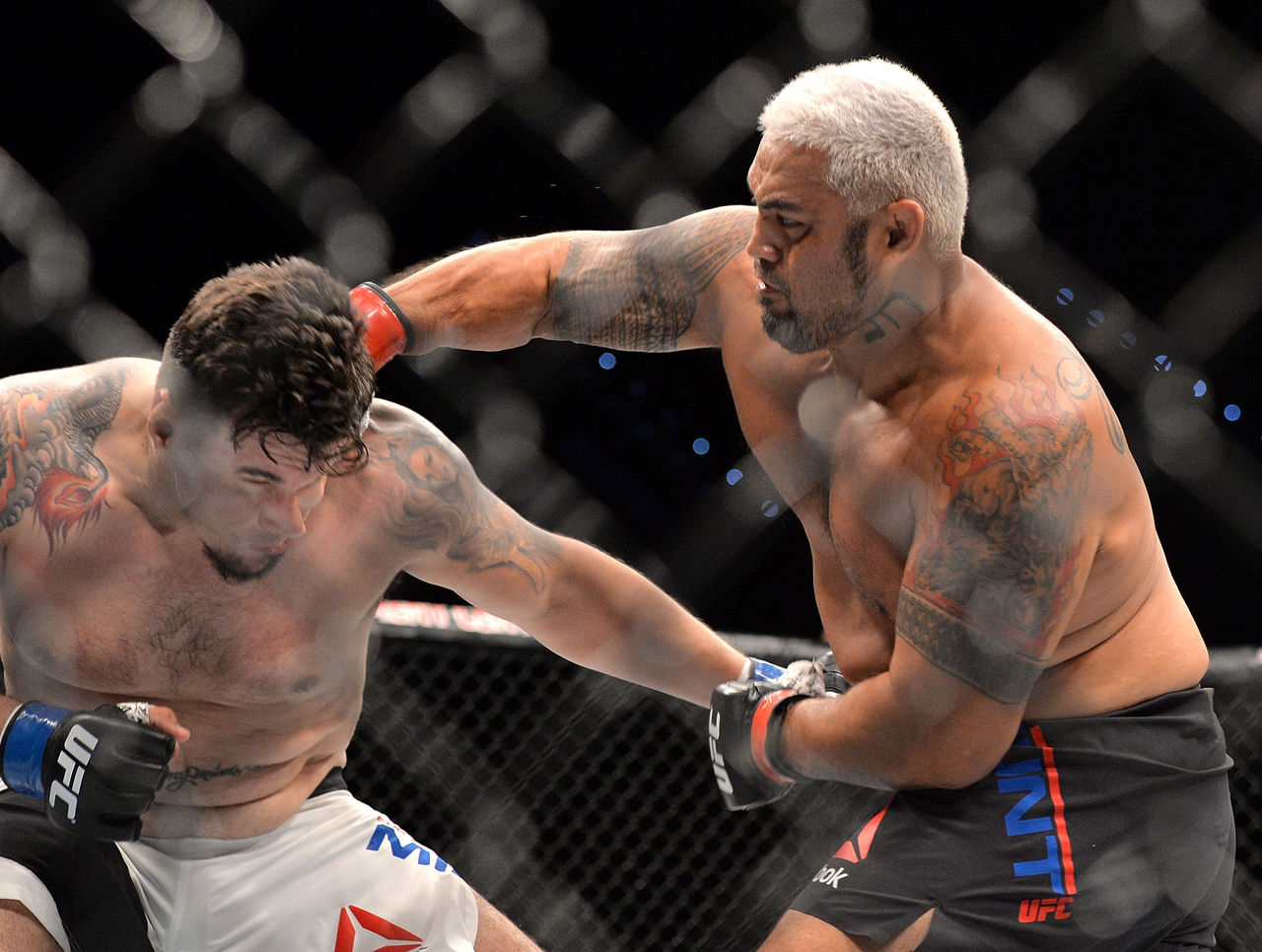Is this the end of the UFC's plans for world domination?
Long considered one of the sports world's fastest growing properties, the UFC appears to be approaching a state of arrested development.
The promotion is currently hemorrhaging staff in Asia, Canada, and Brazil, a sign that international expansion is no longer a priority. That shift in philosophy is undoubtedly tied to the UFC's recent acquisition by WME-IMG, a sports and entertainment firm that has a plan to recoup its $4-billion investment.
With the writing on the wall, several prominent executives have already decided to move on to greener pastures.
In the past two months, UFC matchmaker Joe Silva announced he would be leaving the company at the end of 2016, Giovani Decker stepped down from his position as UFC Brazil GM, and well-regarded PR man Dave Sholler decided to move into a communications job with the Philadelphia 76ers.
All of that upheaval came before Tuesday's cull that saw more key figures lose their jobs, including chief global brand officer Garry Cook and UFC Asia GM Ken Berger. On Wednesday, the UFC all but shut down their office in Canada.
Though president Dana White and company have not held a formal press conference yet to discuss a new direction, it's safe to say that the goal of "world fucking domination" they touted three years ago is no more, at least for the time being.
Seems the UFC may be abandoning their global expansion plans next year.
— caposa (@GrabakaHitman) October 19, 2016
RIP World Fucking Domination
2013 - 2016 pic.twitter.com/zqdz4iUPRi
The expansion got off to an aggressive start in 2014, with diminishing returns ever since:
(*2016 tally includes scheduled events yet to occur)
| Year | Total UFC events | International events |
|---|---|---|
| 2014 | 46 | 22 |
| 2015 | 41 | 19 |
| 2016* | 41 | 15 |
That is a precipitous drop over the past three years going from 48 percent of UFC events taking place outside of the United States in 2014 to 37 percent by the end of 2016, and that's counting a recently canceled Philippines show.
Even worse, that number includes events held in Canada and England, markets that the UFC already had a presence in prior to 2013. That means it's their attempts to establish sustainable fan bases in Asia, Australia, and Europe that have faltered.
Certainly, the UFC has had some major hits overseas including the UFC 193 event in Melbourne that set a company-attendance record with over 56,000 in attendance. But the follow-up to that was a show at a much smaller venue in Brisbane that drew under 10,000.

UFC 193 benefited from having Ronda Rousey in the main event, a rare occasion where the pieces aligned perfectly to allow for a megastar to appear on an international card. The hope that local talents would emerge as draws to anchor cards in their home countries has dwindled and it looks like the new owners figure its best to cut their losses by focusing on domestic cards in 2017.
The UFC will always have a strong international viewership, but currently there is no urgency for it to maintain a presence overseas all year round. Considering WME-IMG's experience dealing with a variety of talents, expect it to impose its vision on the UFC's operations even more in the future.
It was a grand idea for the UFC to look far and wide in search of vast riches, especially given the broad and easily understood appeal of organized violence, but the promotion didn't account for how difficult it would be to actually keep its roots firmly planted in these foreign lands. For now, they UFC's beating a hasty retreat, a rare loss for the industry leader in combat sports.